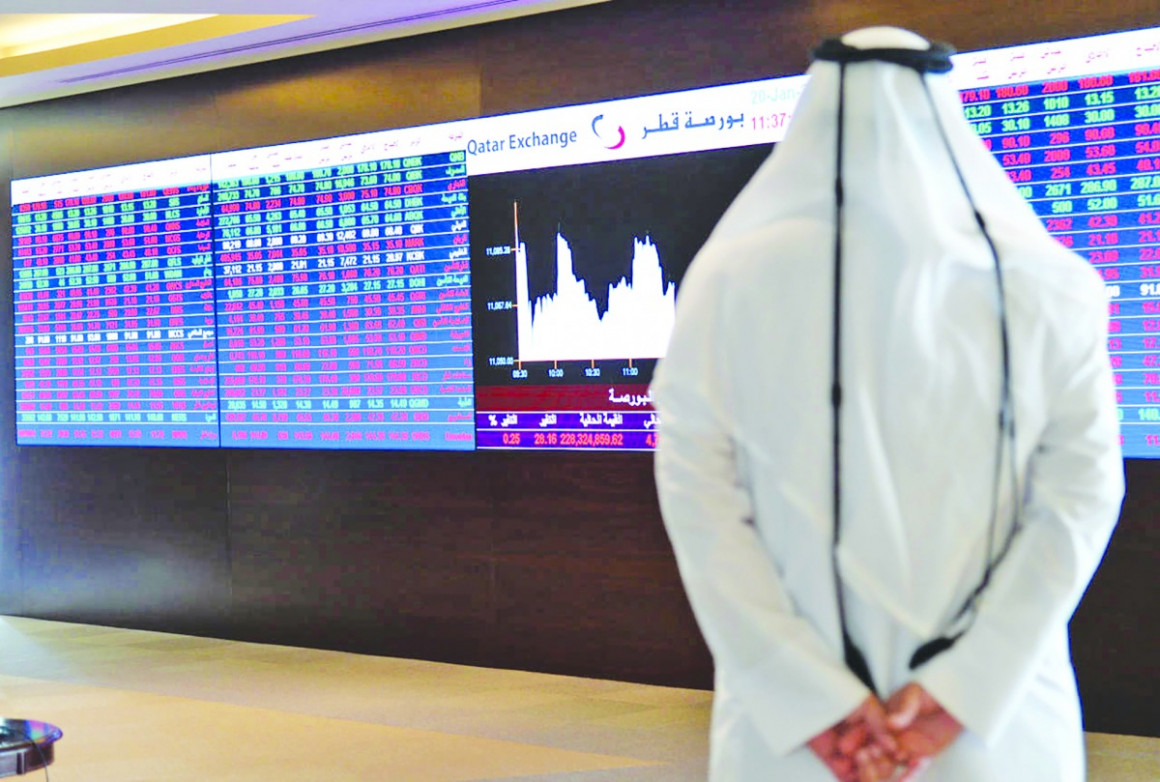Major markets in the Gulf experienced a surge on Monday.
Qatar’s shares appeared to take the lead in declines across the Gulf region, as publications revealed their biggest weekly decline in more than two years, with investors concerned that a rise in interest rates to halt decades-high inflation would potentially topple economies into a recession.
The United States Federal Reserve Chair Jerome Powell said last week the central bank was not trying to manifest a recession in a bid to cease inflation, but was fully adhering to maintaining prices under control even if such a move prompted a potential economic downfall, Reuters said.
“It was quite an expected reaction following the latest interest rate hike by the Fed in the US, particularly on mounting fears of a recession in the US and in some major European economies,” Adnane Allouaji, Senior Analyst at the Economist Intelligence Unit told Doha News.
On Monday, however, markets in the Gulf surged, in line with Asian stock markets on improved market sentiment, as in Qatar, the index traded 0.8% higher, led by a 2.1% increase in petrochemical maker Industries Qatar, as well as a 2.3% spike in Masraf Al Rayan, Reuters reported.
As of Thursday however, the benchmark index dropped 1.6% lower, as stocks fell across board, with petrochemical maker Industries Qatar sliding 4.4%.
The index posted a weekly loss of 6.4%, its biggest loss in a week since March 2020.
As of last week, the Qatari stocks were “volatile and could record more price corrections after a difficult week,” said Eman Al Ayyaf, CEO of EA Trading, according to Reuters.
Following Doha, Dubai’s main share index went back by 1.1%, weighed down by a 1.9% decline in blue-chip developer Emaar Properties, according to last week’s statistics.
On Monday, however, Dubai’s main share index boosted by 1.1%, advanced by a 2.7% rise in top lender Emirates NBD and 1% increase in Emaar Properties.
After comes Saudi Arabia, with its benchmark index easing 0.1% in a fluctuating trade activity, with Sahara International Petrochemical Company losing 3.2%. On Monday, the Arab nation’s benchmark index rose 0.6%, backed by gains in banking stocks.
“We saw shares drop across the GCC (except for a slight uptick in Kuwait) and further corrections are likely as some investors sell off shares amidst recession fears and pessimistic sentiment,” Allouaji told Doha News.
“In this regard, investors’ sentiment turned pessimistic and natural gas prices decreased,” he added.
However, offering a more positive outlook on the Gulf country’s economy, Allouaji added: “I wouldn’t take this as an indicator of the Qatari economy but more as a result of global headwinds.”
“Qatar’s economy will continue to grow strongly in 2022 on the back of elevated oil and gas prices and the hosting of the World Cup later in the year boosting the non-oil economy.”
Qatar expects to garner approximately $17 billion for its economy during the 2022 FIFA World Cup, which is lower than a previous estimate of $20 billion.
The Gulf nation is set to attract more than 1.5 million visitors during the major tournament, due to be held in November this year.
